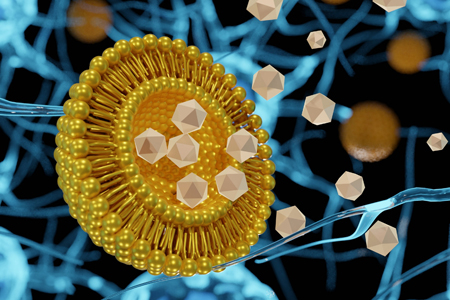
@ShahidNShah


For the past two decades, nanotechnology has hinted at a revolution in medicine, particularly in the development of "smart" drug delivery systems that can target patients' individual organs and tissues. Researchers are developing numerous kinds of nanoparticles, particularly for the detection and treatment of cancer. This essay examines some of the most significant advancements made in the industry over the previous year and what potential improvements lie ahead. Any medication that incorporates a piece of artificially created nanotechnology is referred to as nanomedicine (the word "artificial" distinguishes the science from bacteria and viruses). Technologies measured at or below 1,000 nanometers are referred to as nanotechnology (one nanometer is one-millionth of a millimeter). The use of nanoparticles, which can be controlled to alter the behaviour of pharmacological compounds, is based on their empirical advantages.
Continue reading at bioprocessonline.com
The Unite Us enterprise technology company, which connects health and social care, and the United Way Association of South Carolina (UWASC) today announced a ground-breaking new partnership. Through …
Posted Oct 25, 2022 Social Care Healthcare
Connecting innovation decision makers to authoritative information, institutions, people and insights.
Medigy accurately delivers healthcare and technology information, news and insight from around the world.
Medigy surfaces the world's best crowdsourced health tech offerings with social interactions and peer reviews.
© 2025 Netspective Foundation, Inc. All Rights Reserved.
Built on Apr 17, 2025 at 6:07am